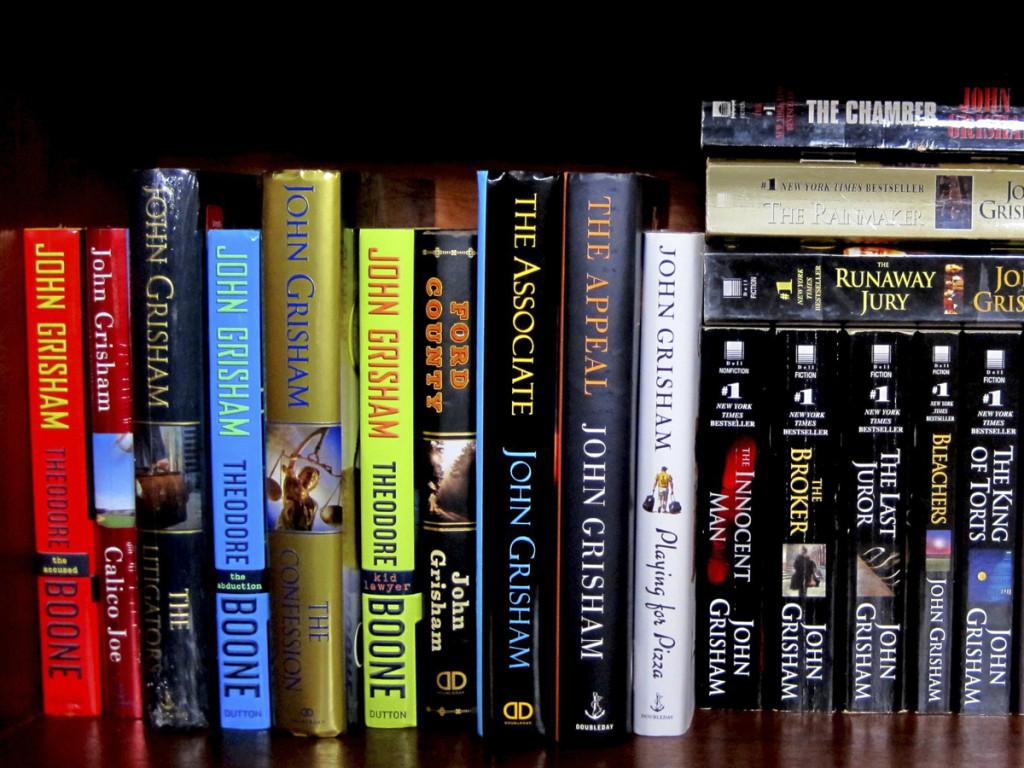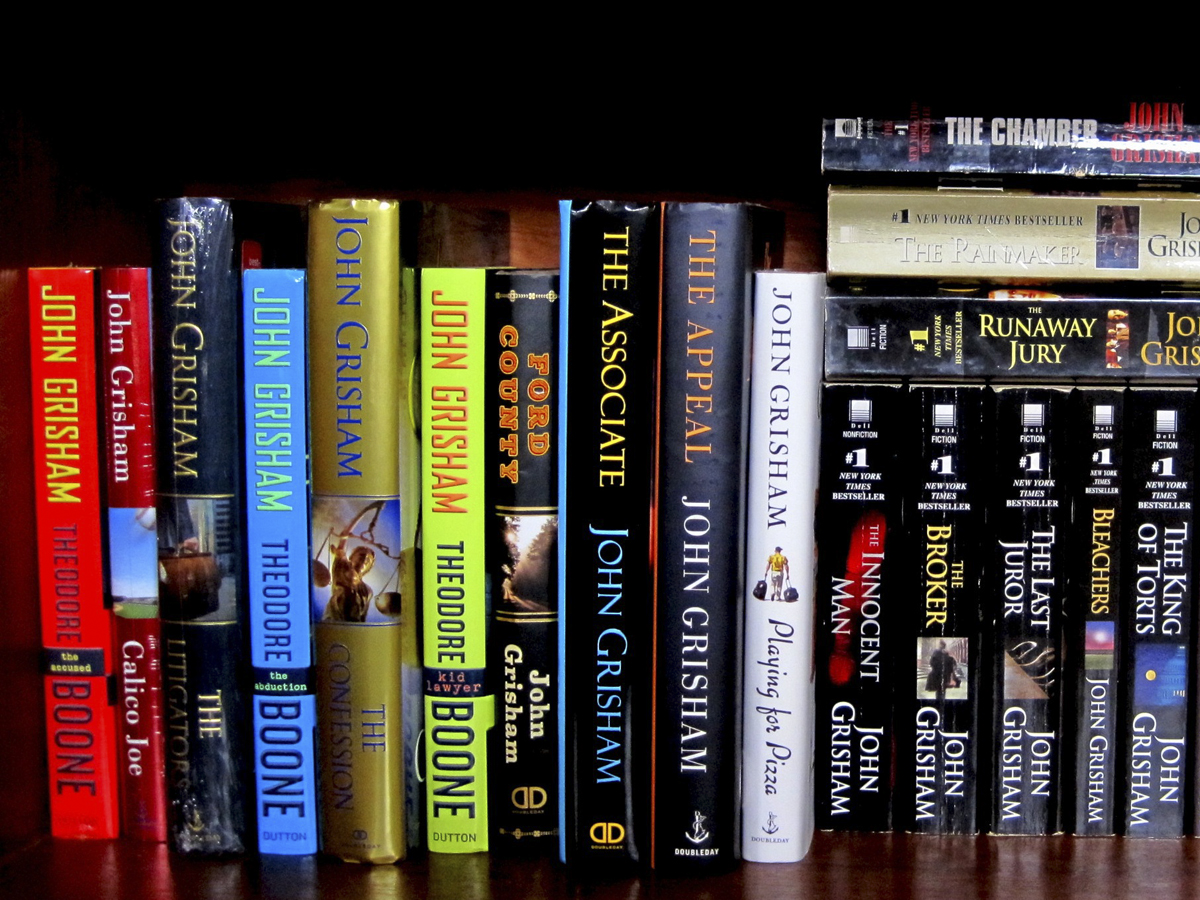
I hope you’ve read a book in the last year. It would be an incredibly great thing to know that every student here has taken time out of their busy schedules and conflicting forms of entertainment to pick up and read the fruits of someone else’s mind. That said, I hope that if you do choose to read a book, that you will not select something written in the last few years.
I’m not saying that you will find nothing of value in modern literature; there is quite the list of modern novels that would be considered part of the literary canon. Unfortunately, there is little chance of finding these meaningful pieces of writing. Any time you walk into a bookstore, odds are the first things you’ll see are the latest teen thriller or cheesy romance, some action novels and perhaps some nonfiction about dieting or relationships or the like. The quality stuff apparently does not sell, as a brief look at the bestseller list of any newspaper will consist almost entirely of popular fiction: John Grisham, Nicholas Sparks, Tom Clancy, Patricia Cornwell and, of course, James Patterson dominate the top spaces. If the works of canonical writers — modern or classical — are being sold, they must not be selling very well.
Consider this: Patterson has turned out dozens of novels in the space of just two years (the majority of which, admittedly, he writes with the assistance of other authors). I know he has published some of these because he is the only author I’ve ever seen who advertises his books on television ads. The fact that there are commercials for his writing make it quite obvious that his motive for writing is precisely that: commercial. Instead of working to create a handful of powerful, meaningful, innovative novels that could define his writing to future generations, those future generations will have to wade through well over a hundred titles (and counting, as he does not seem to show signs of stopping) to even try to learn about the writer.
And the problem is not limited to James Patterson; he is just a convenient example. There are many more authors who focus more on producing another money-making novel than on creating an artful and unique work that will resonate for all times. Their protagonists never die, and never will, taking away any real suspense that their potential deaths might generate. Not that an author must keep their characters alive — I enjoyed “Catch-22” despite the multitude of characters in whom I had emotionally invested who died by the end — but this guarantees that their creators will not have to work hard inventing an entirely new line of thinking. They instead focus on creating more and more extreme and fanciful plots so people will pay attention to subsequent titles.
Now I will admit that I have indulged once in a while in reading this sort of writing, my personal choice being Clive Cussler. However, there are books that merit more attention than those of an average fiction writer — the “classics,” the sort of books you would be forced to read in an English class. And yes, for most people, it is a matter of “force” when it comes to reading these classics. And no, I do not claim to have read everything that might be called “classic,” nor do I claim to have enjoyed the classics that I have read (I’m looking at you, “Wuthering Heights”). Ultimately, however, there are many that I do enjoy, and it is because these have more to them than just a simple entertainment factor; they have a message, and whether they deliver it by satire, being sincere, or creating emotional involvement, they have the common goal of trying to teach something that matters to the author. The same can only rarely be said of modern authors.
The labors of classical authors have increasingly been ignored by modern authors. A study at Dartmouth College analyzed the works of authors writing after 1550 and demonstrated that these authors’ use of “content-free” words (such as “at,” “of,” and “by”) varies significantly from the patterns of classical authors. This indicates that contemporary authors do not strive to emulate the accepted canon, but instead are influenced by other modern authors, hence the similarities in style between most authors and the resulting creation of similar series of novels.
No author will work without pay; money is, has been, and always will be a motive for any form of art, authors included. This, however, should never interfere with the greater purpose of writing — namely, the desire to create something of meaning and cultural value, instead of financial value.








